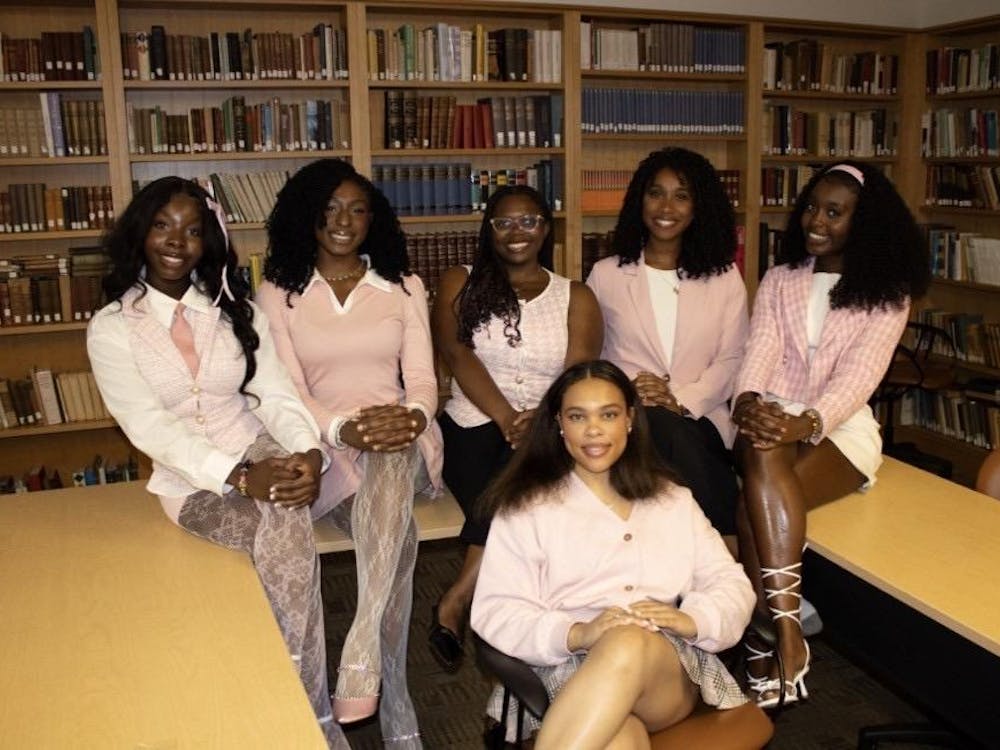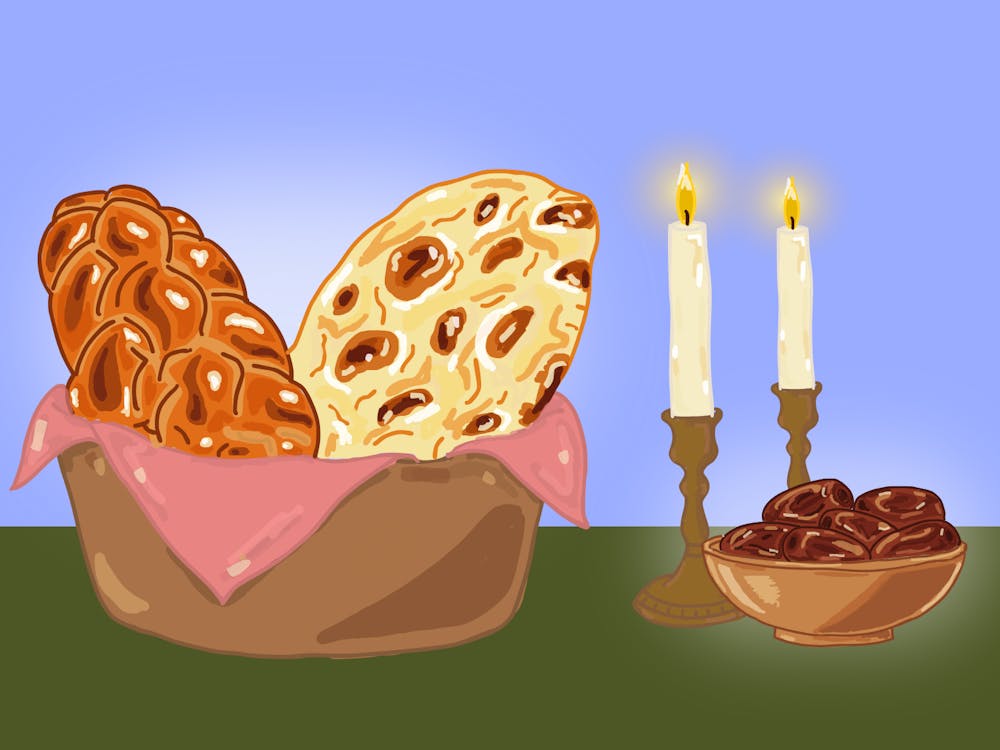Although it has been over a month since the tragic fire at Seton Hall University that killed three students and injured 60 others, people still are asking what went wrong.
While New Jersey state officials try to answer this question, University fire safety officials are busy making sure a similar tragedy doesn't strike here.
On the morning of Jan. 19, Seton Hall basketball fans were celebrating their victory over St. John's. At about 4:30 a.m., fire broke out in a windowless, third-floor common area of the Boland Hall dorm.
Although the cause of the fire remains unknown, what is known is that Boland Hall was no stranger to the South Orange Fire Department. Over the past four months, the department had responded to at least 18 fire alarms, and reports show the building's fire hoses were so old they were disconnected and removed from the building the week prior to the Jan. 19 fire.

|
| CLICK FOR FULL SIZE |
Fire violations at Seton Hall included unauthorized use of Christmas lights, extension cords and excessive amounts of trash in individual rooms. No fire inspection had been conducted since 1997, and Boland Hall did not conduct regular fire drills. The dorm was not equipped with sprinklers, since it was built in 1952, long before such systems were required by law.
Because of its early construction, the dorm was only required to have fire extinguishers, smoke and fire alarms and lighted exit signs.
But the University of Virginia has an evolving fire safety system that helps reduce the risk of a fatal fire.
Here, fire safety begins before the buildings are even constructed. University Senior Review Architect Charles Callaghan reviews all drawings for construction projects and reports to the Chief Facility Officer in Facilities Management.
"We check drawings for fire code compliance," Callaghan said. "We fall under the Virginia Uniform Statewide Building Code."
Callaghan is responsible for making sure drawings have adequate sprinklers, smoke detectors and fire alarms.
|
"We take it to the point of construction," Callaghan said. "After the building is constructed, the State Fire Marshall's Office takes over. They come in and review the building before anyone can occupy it."
And the protection doesn't stop there: All rooms in residential halls have battery-operated smoke detectors, Fire Safety Coordinator Jeffrey Sitler said.
"In the summer, [the University Housing Division] checks all detectors and changes the batteries," Sitler said.
Sitler has been at the University for about three years and was hired to help develop the fire safety program. His team, the Fire Safety Office, is composed of two full-time and four part-time state certified fire inspectors.
The part-time staff members are also firefighters for the Charlottesville Fire Department. Sitler said this is a major benefit to the University because they are familiar with the different layouts of the buildings.
Sitler's staff is responsible for inspecting the University's academic buildings. They inspect each room by looking for any fire code violation such as blocked hallways or bad electrical wiring.
While the State Fire Marshall is responsible for inspecting dorm rooms, Sitler's team assists in getting the violations fixed. Since it would be impossible to inspect every single room at the University, state fire inspectors take a sampling on each hall.
"If violations are found, students are given a written violation notice," Sitler said. "They have a certain time period to have the violations corrected."
The most common violations are extension cords, candles, halogen lamps, the removal of smoke detector batteries, storage too close to sprinkler heads, damaged or improper electric appliances and excessive combustibles, according to the University's fire violation notice, which was created in conjunction with the State Fire Marshall Office.
Although the State Fire Marshall can fine students up to $2,500 for violations, no student ever has been fined.
"We've never fined students, but we have started taking them to the Judiciary Committee. This is the first year we've done that," Sitler said.
Other new fire safety measures have been taken the last few years.
Sitler said newer on-Grounds buildings like Hereford and Cauthen have sprinklers. Dorms without sprinklers are equipped with extinguishers. The University is working toward getting sprinklers in all dorms, Sitler said.
Even with all the mechanical safety precautions, the Charlottesville Fire Department still needs to respond to fire alarms quickly, Sitler said.
"When an alarm goes off, a signal is sent to system control, they notify 911, and within seconds the fire trucks are rolling. That's why you see fire trucks around Grounds so frequently," Sitler said. "We can't afford to lose time if there really is a fire."
Although some students may find midnight fire alarms an annoyance, prank fire alarms happen less than students may realize. Since June 1, 1999, there have only been four such alarms.
"There are a lot of reasons why fire alarms go off. One of the biggest reasons is students cooking in their dorm room," Sitler said.
Even so, students have mixed reviews when it comes to fire safety on grounds.
"I feel safe because there are fire alarms and sprinklers in each room, but I would feel safer if there were fire extinguishers on our hall," said Ravena James, a third-year College student and Hereford resident.
Second-year College student Nydia Ruddock, another Hereford resident who lives on the third floor said he believes fire escapes would provide added protection.
"We need some fire escapes. Brown has them. There's no other way to get out other than the stairs," Ruddock said.
But Brandi Piper, first-year College student and new dorms resident, said she feels safe because her dorm, Dunglison, hasn't had any problems.
"We had a fire drill at the beginning of the year, and everybody left the building," Piper said.
And the University continues working hard to improve the fire safety system.
Since the tragedy at Seton Hall," We've definitely felt more pressure to correct problems," Sitler said.






